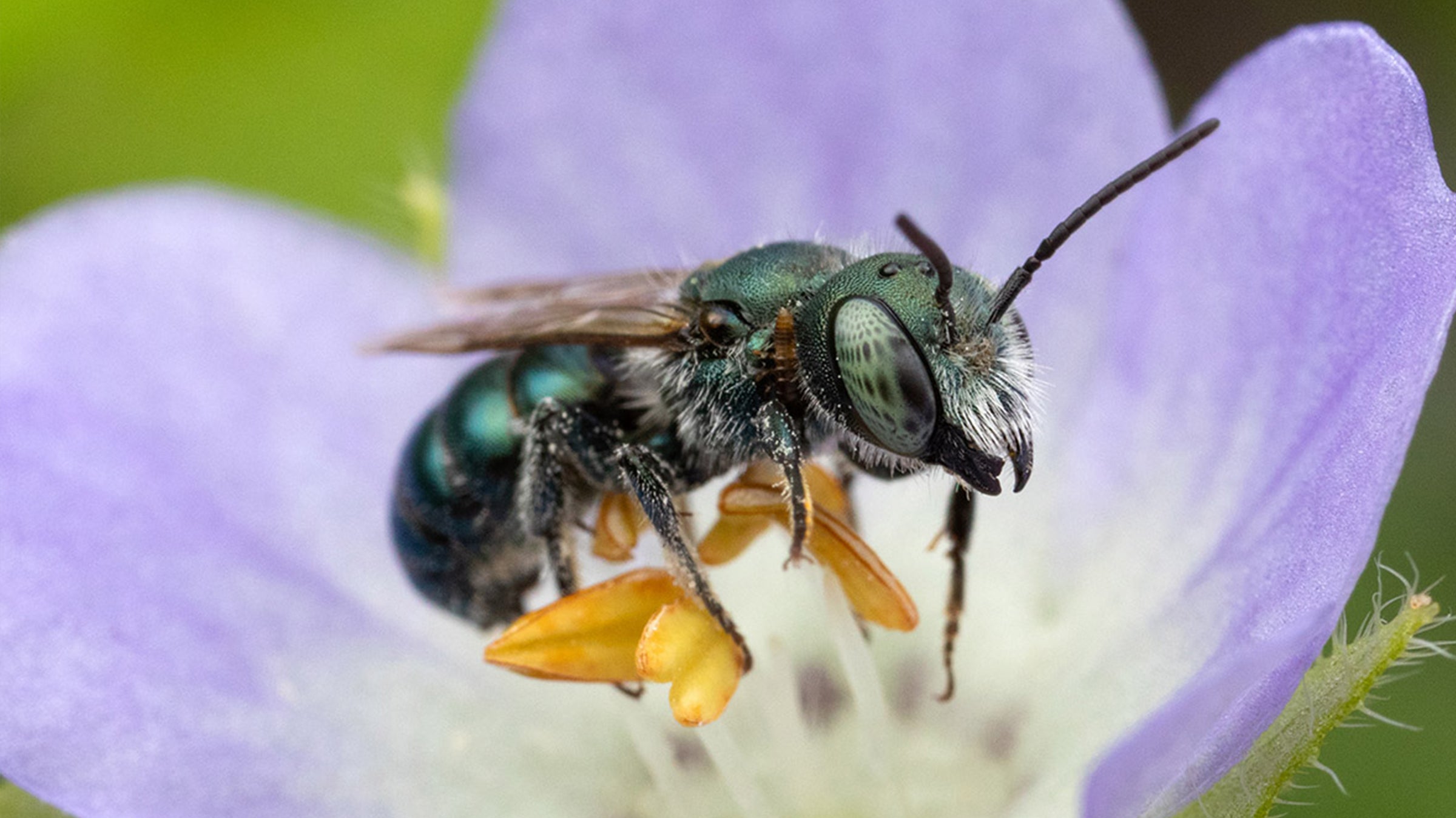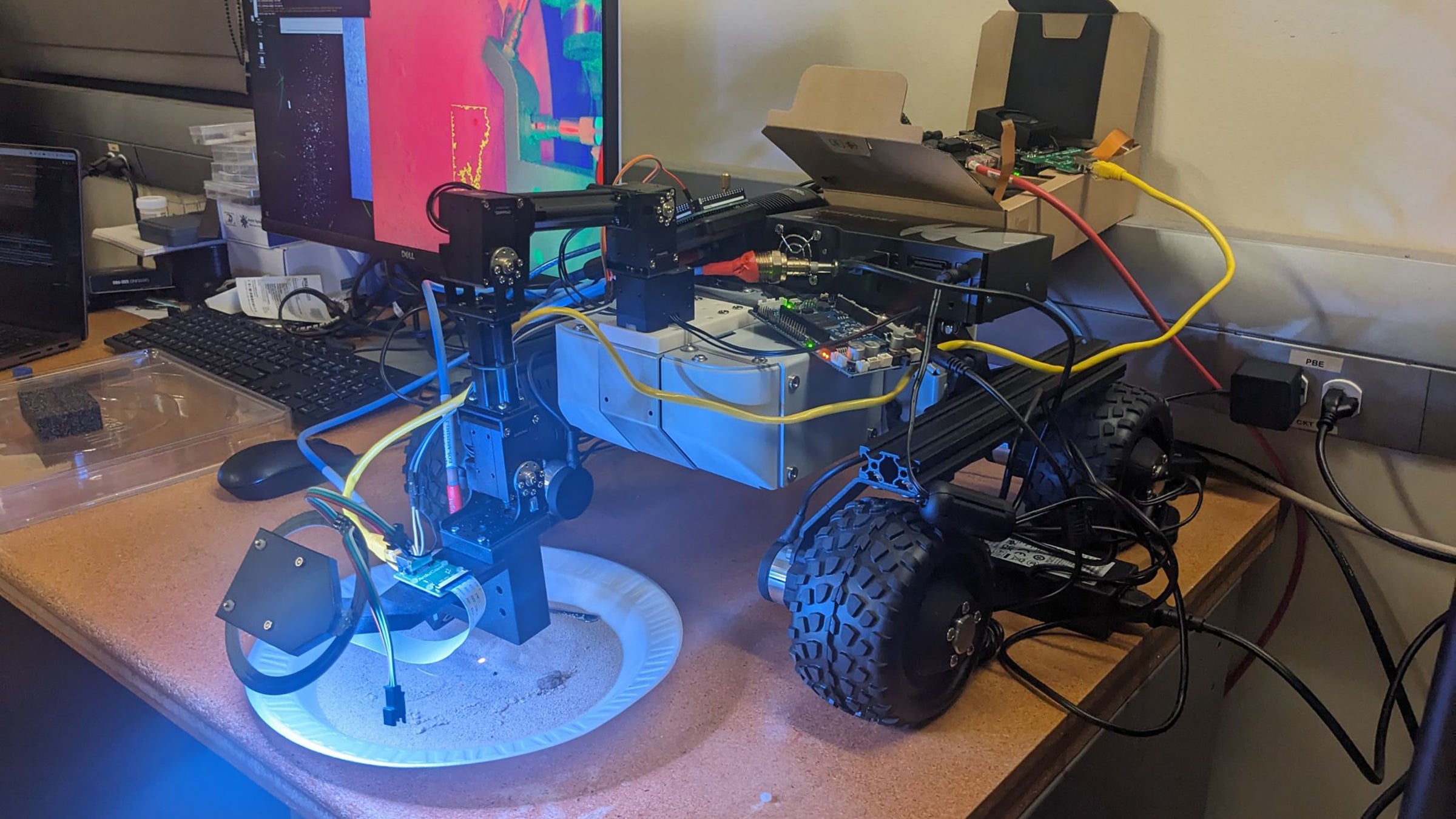
Tell us where you came from before UT, and what you studied then.
I was born and raised in Istanbul, Turkey, a vibrant city rich in cultural diversity. I completed my undergraduate studies at the University of Virginia, where an introductory ecology class sparked my interest in ecological research. For my capstone work, I studied post-fire succession in California, focusing on how trees compete for essential resources like soil moisture, nutrients, and light. This experience became the foundation of my passion for understanding plant interactions and resource competition.
What got you interested in studying plant species coexistence?
I hadn’t realized my interest in studying plant community dynamics until my first year of undergrad in a course called "Resources and the Environment." I was also majoring in economics, so the idea of plants and humans interacting in a game-theoretic framework, with their own “currencies” of resources, was captivating. My interest grew as I realized how crucial it is to understand these dynamics in terrestrial ecosystems, especially with the challenges posed by global change. As major carbon sinks and hotspots of plant diversity, tropical forests became my primary focus. The complexity of plant coexistence—especially in tropical forests with hundreds of species competing for the same, limited resources—offers a century-old puzzle that I am excited to explore further.

Forest stand on Barro Colorado Island, Panama.
Does Texas present a unique situation, challenge, or benefit for your research?
The Stengl-Wyer Fellowship funds my research in the tropics, but Texas provides a unique environment to study similar questions, particularly regarding natural enemy pressures and plant diversity. Texas landscapes, with frequent droughts and dynamic insect communities, highlight the diverse biological interactions influencing plant performance. Working at the Brackenridge Field Lab (BFL) for other projects has allowed me to participate in a large-scale field experiment—a setup not feasible in the tropics—and gain hands-on experience that enriches my understanding of plant interactions across different scales.

Damla noting leaf herbivory observations in one of her study sites in Gigante, Panama.
How will being a Stengl-Wyer Fellow help advance your work?
This fellowship enables me to dedicate time to expanding the research that will comprise two dissertation chapters. By integrating empirical data with theoretical approaches, I aim to deepen our understanding of the maintenance of tree diversity in regenerating tropical forests. With the support of this fellowship, I am positioned to complete my dissertation work next year, having already gathered and processed field data. Additionally, the Stengl-Wyer Fellows and scholars community offers invaluable support, equipping me with practical skills and guidance for career development.
Where do you see your research agenda heading after UT?
I hope to continue advancing our understanding of forest dynamics, both tropical and temperate, using a variety of approaches—from theoretical models to lab and fieldwork. This is an inspiring time to better understand tropical forests given the wealth of empirical data and models at hand, with available computational power. I’m also passionate about teaching and mentoring and am excited about engaging undergraduates in hands-on research experiences. I am committed to continuing my work with students to support them in developing transferable skills and to foster accessibility in ecology and evolutionary biology.



